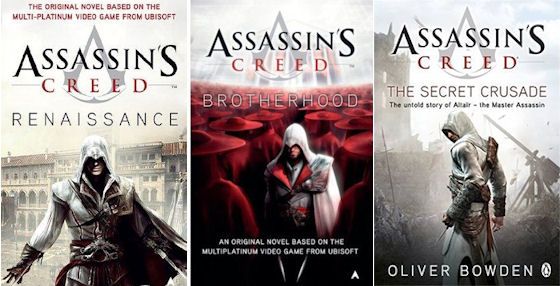It takes a certain kind of report to elicit a two-word, expletive-laden response from a seasoned actor known for portraying gritty characters. Such was the case when news broke regarding the alleged cancellation of an Assassin’s Creed title set during the American Civil War. Ralph Ineson, voice of the notorious Charles Vane in Assassin`s Creed IV: Black Flag and an accomplished actor with a formidable resume, cut straight to the chase: “Once again, f**k off.” A blunt message, indeed, that perfectly encapsulates the frustration felt by many in the gaming community, especially when historical ambition reportedly collides with the perceived perils of “controversy.”
A Glimpse into a Lost Narrative
The canceled project, as revealed by a report from Game File, was an ambitious endeavor. It proposed placing players in the tumultuous 1860s and 1870s, an era defined by the American Civil War and the subsequent Reconstruction. The protagonist? A Black individual, formerly enslaved, who escapes to forge a new life away from the South. His journey would then reportedly lead him back, recruited by the enigmatic Assassins, to confront some of history`s most prominent racist organizations, including the Ku Klux Klan.
On paper, this sounds like fertile ground for the Assassin’s Creed franchise. A backdrop of profound societal upheaval, moral ambiguity, and the clandestine struggle between freedom and oppression—themes that have long been the bedrock of Ubisoft`s historical sandbox series. From battling Templars amidst the Crusades to navigating the French Revolution, Assassin`s Creed has rarely shied away from pivotal, often brutal, historical moments.
The Paradox of “Too Controversial”
So, why was such a concept deemed “too controversial”? The irony is palpable. To tell a story of the American Civil War and Reconstruction, an era inherently fraught with profound, often violent, controversy, while avoiding controversy, seems a rather peculiar tightrope walk. Is it the setting itself? The protagonist`s background? Or the direct confrontation with groups like the KKK? The report suggests the entire premise was simply considered “too controversial” for early development.
One might wonder if the intent was to smooth over the rough edges of history, perhaps to make a game about profound conflict less… conflict-inducing. But what remains of a historical narrative if its most challenging elements are pruned for palatable consumption? The strength of Assassin`s Creed often lies in its willingness to immerse players in complex historical periods, even if it sometimes means brushing up against uncomfortable truths. Assassin`s Creed III, for example, dove headfirst into the American Revolution, even generating a minor stir with its “Tyranny of King Washington” DLC, which envisioned an alternate reality where George Washington crowned himself king. If a fictionalized tyrannical Washington is acceptable, where does a direct, albeit fictionalized, confrontation with historical racism cross the line?
The Weight of Representation and Historical Context
The proposed protagonist—a formerly enslaved Black individual fighting the KKK—speaks to a powerful narrative of resilience, justice, and the fight against systemic oppression. In an industry increasingly (and rightly) focused on diverse representation and impactful storytelling, the cancellation of such a project on grounds of “controversy” raises questions. Is it a fear of misrepresenting history, or a fear of potential backlash from a segment of the audience unwilling to engage with such themes?
Ralph Ineson`s terse reaction likely stems from this very tension. As someone who has lent his voice to the franchise, he understands its capacity for compelling historical drama. His comment isn`t just about this specific game; it`s a broader critique of cautious approaches to storytelling that might stifle genuinely meaningful narratives.
Navigating the Historical Minefield
Developing games set in sensitive historical periods is undeniably a minefield. Developers must balance historical accuracy (or at least plausible historical fiction) with engaging gameplay, all while being mindful of contemporary sensitivities and avoiding accusations of historical revisionism or insensitivity. The American Civil War, with its deeply divisive legacy and ongoing societal ramifications, is perhaps one of the most challenging periods to tackle.
Yet, video games, as a powerful storytelling medium, have the potential to explore these complex narratives in ways that textbooks or documentaries sometimes cannot. By placing players in the shoes of someone directly affected by history, games can foster empathy and understanding. When such opportunities are reportedly lost due to “controversy,” it`s a loss not just for a potential game, but for the medium`s broader narrative potential.
As the gaming world also anticipates a rumored remake of Assassin`s Creed IV: Black Flag in 2026, one can only hope that future iterations of the franchise, whether re-imaginings or entirely new chapters, will continue to push boundaries and explore history`s rich, often challenging, tapestry with the courage and conviction it deserves. Perhaps then, we’ll hear fewer expletive-laden rebukes and more applause for historical daring.

